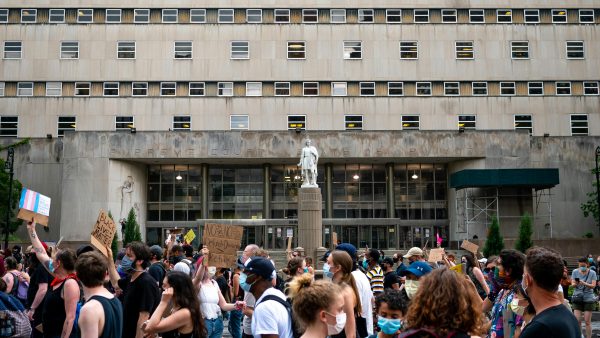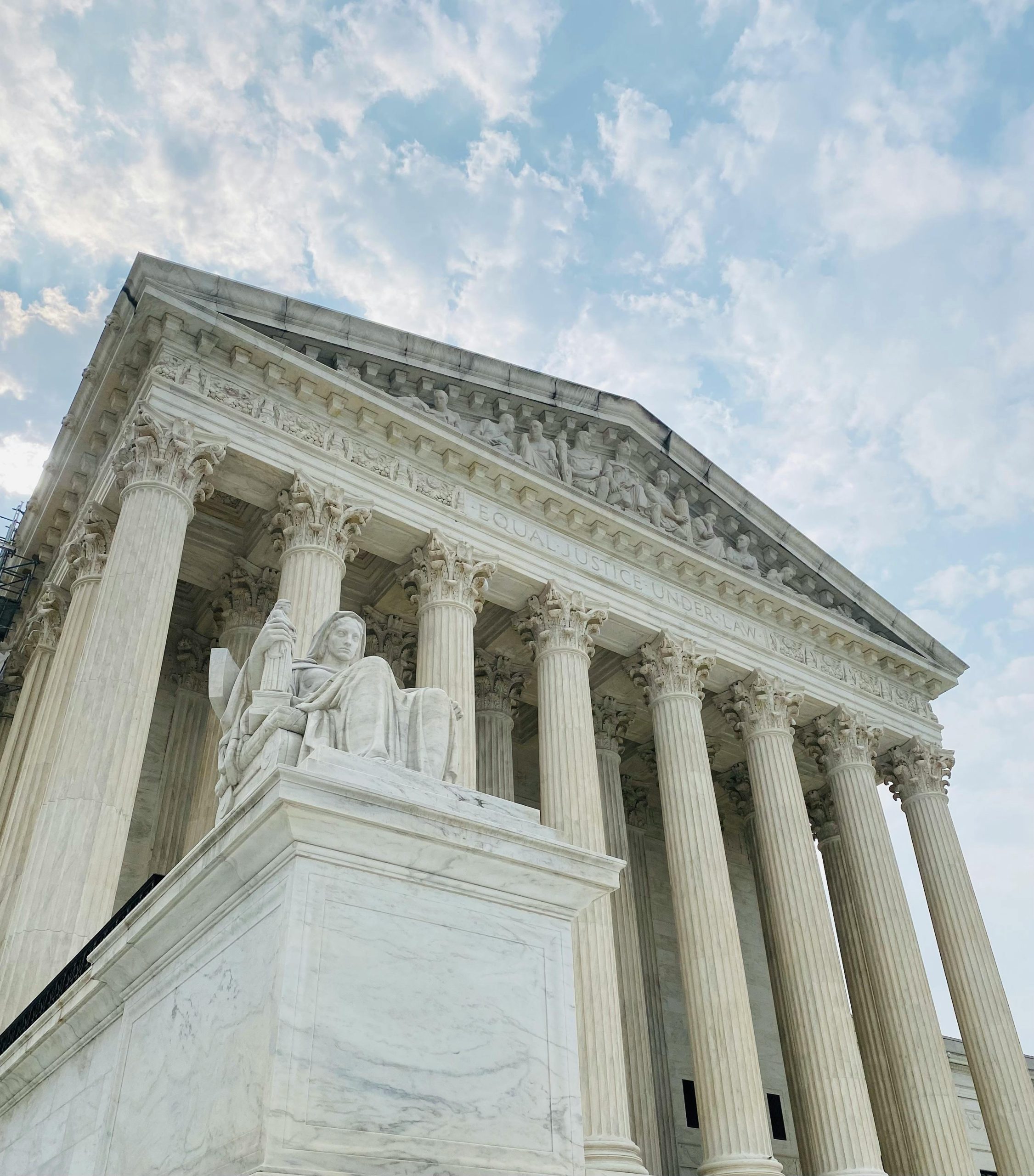Some of the hottest national topics lately have involved recent US Supreme Court rulings, controversial rulings, and questionable alliances of the justices. Article III of the U.S. Constitution grants the Supreme Court justices no fixed amount of time that they serve a term. This means that once a Supreme Court justice is elected by the president, they serve for life. There are only three ways a justice leaves office; they retire, they pass away, or they’re impeached (voted out by the Senate). Today’s divided US society has shined a light on what used to be an adequate law. Questions on whether the law has become outdated and should be revised to de-escalate the current plague of friction in the world of politics is a very hot topic
Currently, the youngest justice member is Amy Coney Barrett who is 52 years old. The oldest justice is Clarence Thomas 75 years old, who has been in the position since President George H. W. Bush was in office. He has been a justice for 32 years and is past the age of retirement. Notice how none of the justices were born after the year 2000? In a democracy that is meant to be representative of the people, where are the people who represent the younger generations? I can say with my full chest that there are exponential differences between the Baby Boomer generation compared to today’s generation Alpha. Values and views have shifted dramatically and yet there is no one who represents the “new guy”.
Let’s compare this to other government jobs. The president, the highest position of power in the country, can only serve at most 8 years. Senators, the people who make the laws, only get 6 years. In spite of that, we have the Supreme Court who is meant to interpret the law and make fair judicial decisions for the people. If people who are in equal and higher positions of power have to leave in less than a decade, the same should apply to justices. The three branches of government are meant to be a system of checks and balances so that no one person is superior above all like a king. It’s abstruse to think that this fact is an oversight.
To make an additional comparison, consider these facts. Senators are elected by American citizens. While the president is elected by the electoral college, those members are voted on by the people as well. Yet, the president elects the supreme justices. The most say citizens get in this decision is indirectly through the senators they pick, as the Senate approves the appointment. Why are American citizens very limited in their voice when it comes to the appointment of new justices? Leaving most of the power in the hands of the president is dangerous. The president can easily and essentially create a group of “yes-men” who would believe in the same ideologies as the president. That would put a major bias into a system that is meant to be fair and impartial. Even at the very least of one “yes-man” being put into power, there’s the potential of a court that is constantly locked in a stalemate.

As previously mentioned, there are no justices who represent the younger generations. There isn’t even a millennial member, the youngest are generation X. This point is not meant to be ageist towards older workers. However, I’d like to bring attention that naturally over time society changes, which includes the minds of the average Joe. One publication on the National Library of Medicine website concluded that a person’s open-mindedness will decrease as they grow older. From a sociological and psychological standpoint, there is a loss of credibility for these people in terms of being “with the times”. Their values don’t align with the general population. While impossible to truly satisfy everyone, there are many similar beliefs shared among different age groups. Unfortunately, the beliefs of the younger but eligible voters aren’t reflected in the law or court decisions.
What sets aside the Supreme Court justice position from any other government job is the rule that gives them unlimited time to serve. This proves to be problematic as there is no representation of younger generations, no other government position has this privilege, citizens have no say in the selection, and motions made by the court don’t reflect public consensus. Issues regarding beliefs and biases will eternally be a problem as time goes on. This doesn’t excuse the system, a term limit for Court justices should be in place. No person should be allowed so much power for their entire lifetime. It isn’t fair, nor is it right.
Sources: https://www.whitehouse.gov/ https://www.senate.gov https://www.supremecourt.gov/about/biographies.aspx https://pubmed.ncbi.nlm.nih.gov/34030607/






